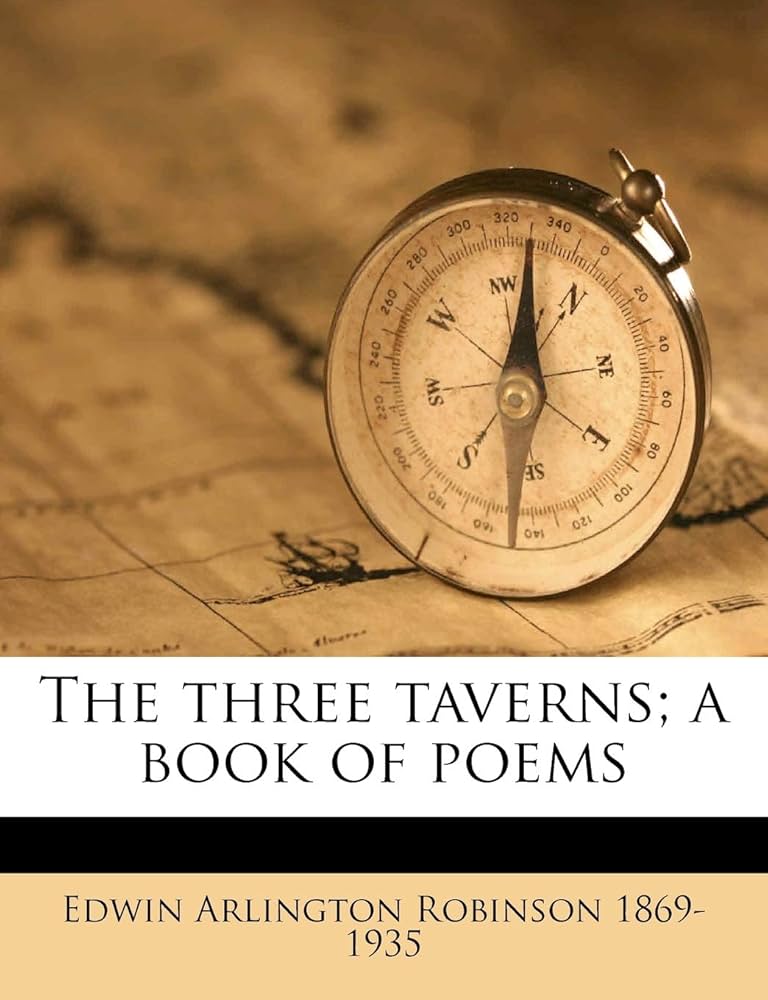Rahel to Varnhagen
byRahel to Varnhagen begins not with declarations but with tension. Rahel wrestles with the uncertainty that follows vulnerability, unsure if her unveiled self will draw Varnhagen in or quietly push him away. She has handed over not just letters but pieces of her past, marked with passion, joy, and anguish—memories that once felt private, now bared in stark light. His silence in response unsettles her. Was he unmoved, or simply choosing not to react? The lack of immediate judgment leaves her adrift, unsure if understanding has truly been reached. Love, in her eyes, cannot exist without reflection—without seeing and being seen with clarity.
The quiet that follows her emotional risk does not equate to indifference, but it does compel her to re-examine the very foundation of what they share. She expected either rejection or reciprocation, but instead she meets patience—a kind that confounds rather than comforts. There is no dramatic scene, no furious dispute. Varnhagen, in his stillness, introduces a third path: acceptance without possession. This is alien to Rahel, who has lived love in extremes. Her former relationships carried intensity, often teetering between worship and devastation. Now she questions whether such heat was ever truly love, or merely its illusion. With Varnhagen, there is no need for performance, only presence.
Her thoughts begin to turn inward. What she once offered as a challenge—“Can you still love me after knowing all this?”—becomes a mirror. His response, or lack of one, forces her to reflect not just on him but on herself. Was the goal to provoke or to be understood? She ponders how much of her identity has been shaped by past loves, and how much still belongs to her alone. There’s freedom in his restraint, but also a discomfort. It places the burden of interpretation on her, removing the familiar rhythm of emotional reaction and counterreaction. Varnhagen is not indifferent; he is simply not reactive—and this difference changes everything.
As she revisits the idea of what love truly demands, Rahel finds herself caught between gratitude and unease. Varnhagen’s acceptance offers no conditions, no demands, yet it subtly challenges her need for affirmation. He doesn’t ask her to change or justify her past, but neither does he elevate it. He sees her—not as a collection of former selves but as someone present. In that still recognition, she senses a type of respect that runs deeper than admiration. It is, perhaps, the only kind of love that could survive what she has revealed. And yet, the silence still gnaws, asking more questions than it answers.
She speaks, too, of fear—not just the fear of rejection but the fear of being truly known. In sharing herself, she has dared Varnhagen to judge. And now, his quiet response leaves her standing in that fear alone. There is no absolution, only endurance. She wonders if love should really feel like this—like standing on the edge of something both infinite and unknowable. It is not a fall, but a waiting. And this waiting makes her question if all she has offered will be honored, or merely tolerated.
Yet amid all her doubts, a truth emerges. Her deepest yearning is not for control or passion, but for love that remains after the fire fades. The kind that sits beside you when the crowd is gone. She sees, maybe for the first time, that endurance may be more valuable than ecstasy. The ability to accept another, not as fantasy, but as they are, is rare. Varnhagen’s silence, then, is not a lack but a gift. A space where her pain is not dismissed, nor magnified, but allowed to exist.
Robinson allows Rahel’s voice to stretch across contradictions, never settling into a single emotion. There is frustration, yes, but also hope. There is sadness, but it does not drown her. Through this complexity, a deeper picture of love is drawn—one that honors pain, welcomes growth, and forgives the unfinished self. Rahel is no longer trying to win Varnhagen’s love. She is instead learning to receive it, as it is, on its own terms. That journey, though quiet and internal, feels vast.
In the end, Rahel’s monologue transforms into something more reflective than confrontational. She no longer seeks a reaction. What she truly wants is understanding—not just from Varnhagen but from herself. That desire, once masked in challenge, is finally exposed. And perhaps that is what love truly requires—not proof, but patience. Not grand gestures, but quiet acknowledgment of the whole person, past included. Rahel’s final thought is not a plea but a realization: love that stays, not because it must, but because it chooses to, is the rarest kind of all.

